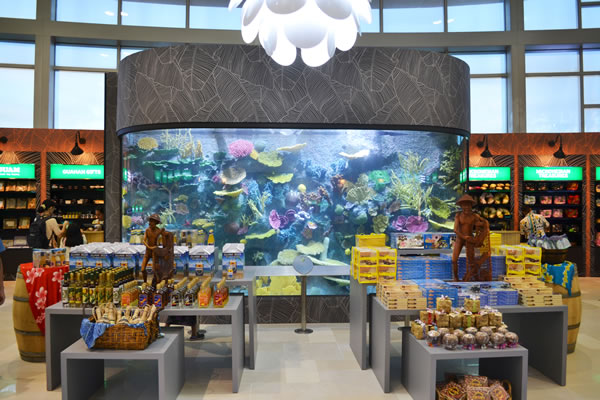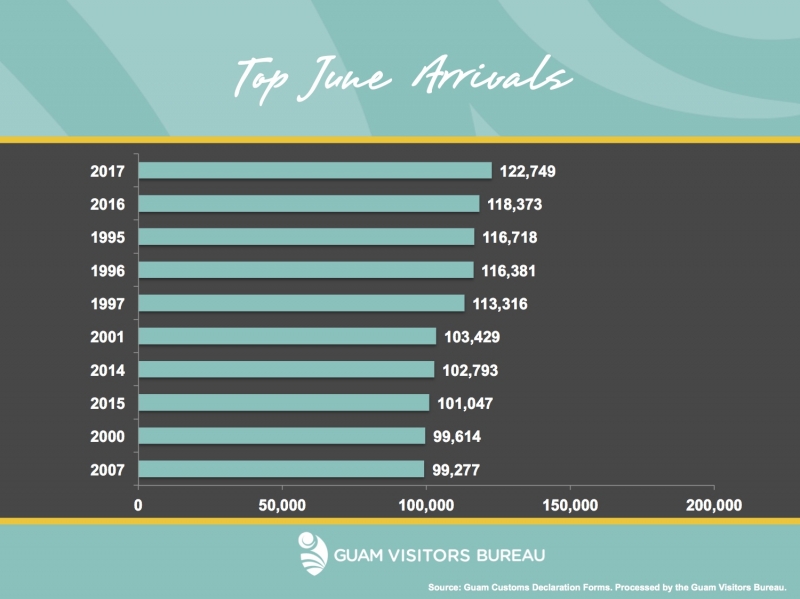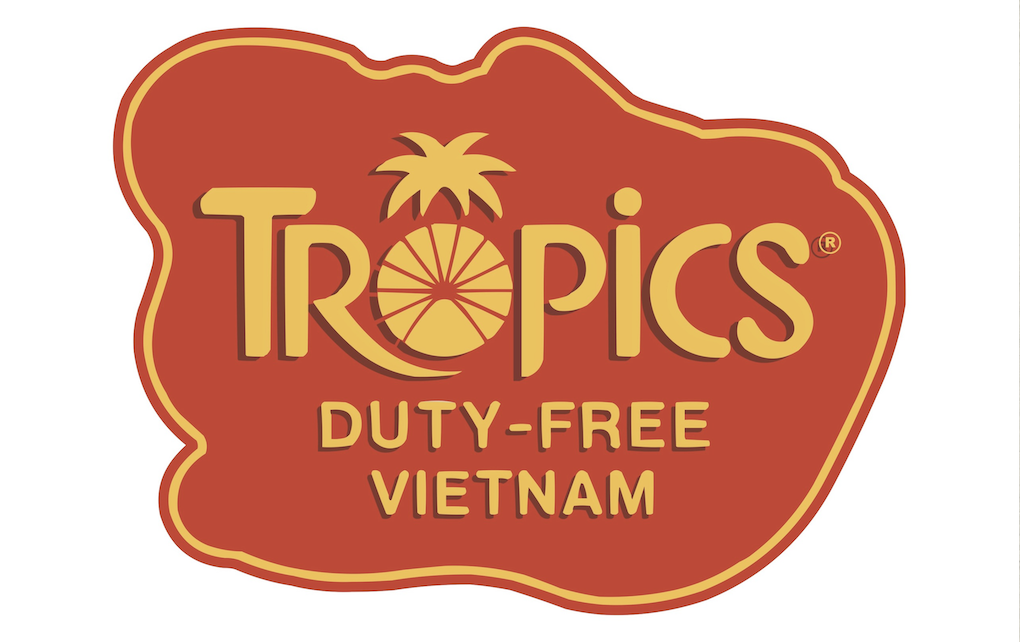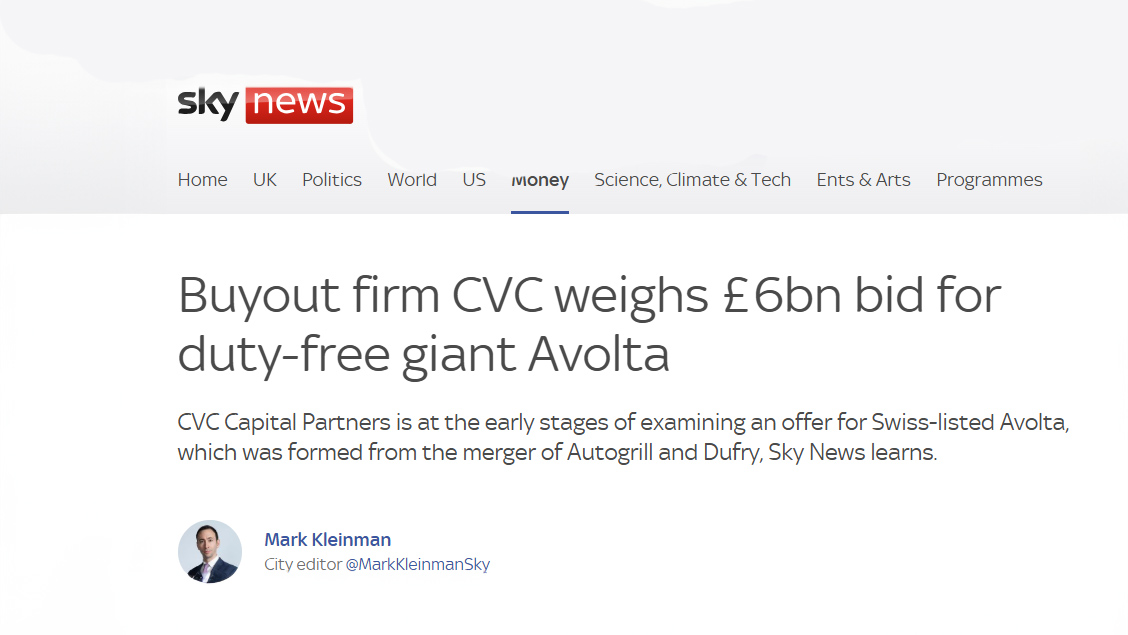GUAM. Tourism officials are closely monitoring Japanese and other international visitor arrivals in the wake of North Korea’s threat to launch a series of missile strikes near the US territory.
The North Korean Strategic Force of the Korean People’s Army is “seriously examining the plan for an enveloping strike at Guam through simultaneous fire of four Hwasong-12 intermediate-range strategic ballistic rockets in order to interdict the enemy forces on major military bases on Guam and to signal a crucial warning to the US,” according to a statement from General Kim Rak Gyom via state media KCNA.

The threat was a response from North Korean leader Kim Jong-un to US President Donald Trump’s warning that further hostile threats would met with “fire and fury”.
The Korean statement said the rockets would fly above Japan and hit waters some 30-40km from Guam.
Guam’s economy is heavily dependent on tourism, many of them Japanese, a sector critical to the retail fortunes of travel retailers DFS Group and Lotte Duty Free.
The Japanese market has struggled this year in the wake of declining seating capacity. According to Guam Visitors Bureau, almost 1.4 million seats between Japan and Guam were available in 2012, but this number had decreased to less than 1 million in 2016. While June 2017 saw an all-time visitor high for that calendar month, Japanese arrivals fell -7.7% year-on-year.

Guam’s second-top visitor market of South Korea recorded a +19.4% increase in June arrivals. South Koreans are considered less likely than the Japanese to postpone or cancel visits to Guam in response to the unfolding political drama. According to the Guam Visitors Bureau, total visitor arrivals are projected to increase by +4% year-on-year in 2017, driven by growth in South Korean traffic. This mounting political crisis has the potential to reverse that trend.
Guam Visitors Bureau President & CEO Jon Nathan Denight today issued a statement calling on tourists not to cancel travel to Guam. “We invite you to continue your plans for travel to Guam – the safe and satisfying world-class destination of choice for you and your families,” Denight said in a written statement aired by local media.



Guam’s fast-growing visitor market, South Korea, is used to this kind of rhetoric from North Korea, Denight said. “I really don’t expect this to have any effect on Korean visitors to Guam,” he commented, while conceding that certain nationalities, notably the Japanese, are sensitive to safety issues.
“It’s a cautious culture, so we are monitoring all of the different markets to see if there is any impact or questions from visitors,” he told The Guam Daily Post.
Guam Chamber of Commerce Chairman Bobby Shringi told the same title: “As soon as the news came out, there has been an island-wide level of concern. Personally speaking, the greatest impact may just have been to our tourism industry – specifically for our tourists who have scheduled a trip to Guam.”











